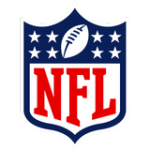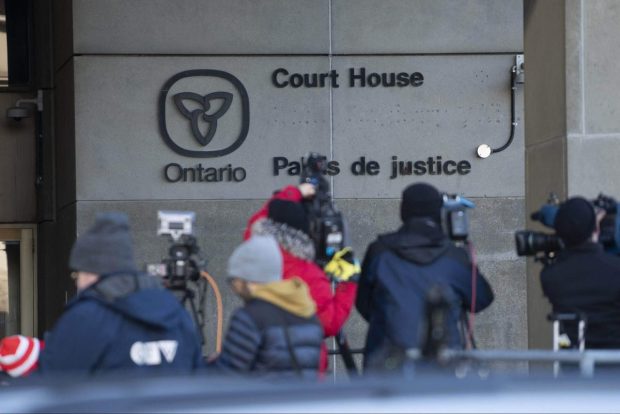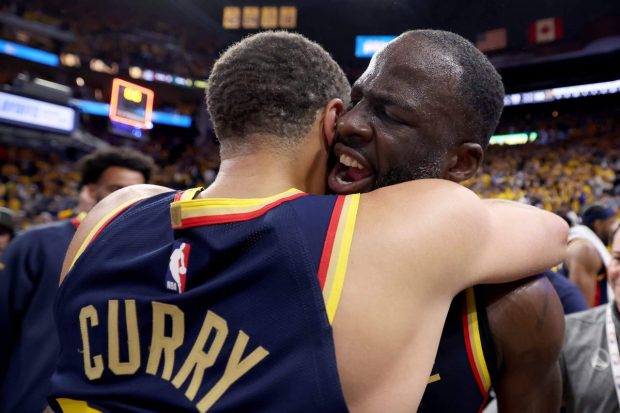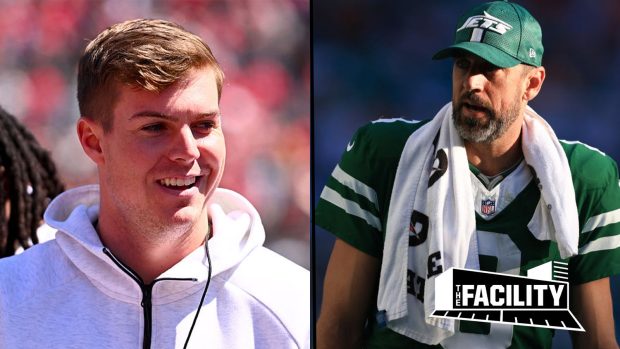
Mohamed Salah’s celebratory selfie after helping cap Liverpool’s Premier League title party will become an iconic image.
Standing in front of Anfield’s Kop end with his arm stretched, the Egyptian snapped away on a phone that had been handed to him during the goal celebrations.
It seemed to be a moment of off-the-cuff spontaneity that summed up the joyous atmosphere — but things weren’t quite so clear-cut.
Advertisement
It has since emerged that the phone, manufactured by one of Liverpool’s partners, Google Pixel, was provided by a member of staff who captures content at the training ground and stands behind the goal each game in preparation for a scene like this.
We analyse the rules around what players can and cannot do in terms of advertising during games and the reaction.
What happened exactly on Sunday?
Liverpool were cruising to the title when Salah joined in with the fun to score the team’s fourth goal, and his 33rd of the season, in the 5-1 win over Tottenham Hotspur.
It was after this goal that the 32-year-old decided he needed to do something special to mark the occasion. So after performing a prayer of thanks (his traditional celebration) and saluting the Kop, he spotted a club staff member positioned behind the advertising hoardings, just in front of where the fans are located.
She handed the forward a white phone and Salah duly struck a pose in front of the stand and took pictures, before handing the phone back to the photographer.
It was enough for former Manchester United defender Gary Neville, working for Sky Sports as a pundit, to comment: “That picture will be worth a few quid.”
But it subsequently transpired that a staffer is on hand at every home game, equipped with a Google Pixel phone to capture footage. Liverpool signed a deal with Google in August 2023 to, as the club put it at the time, “bring Reds fans even closer to the game they love”.
Salah, who also took selfies on the pitch after the final whistle, was asked by the BBC after the game why he did it. “At the beginning of the season, I always take selfies with players (who score), so for this one I said, ‘OK, I have to think of something special because it’s a picture that’s going to be there forever’,” he replied.
Has this happened before?
Yes. You may remember the scenes last season when Liverpool’s Darwin Nunez scored a stoppage-time winner at Nottingham Forest and the celebrations from the sidelines were recorded for the club’s ‘Pitchside’ series.
That footage was all shot on a Google Pixel and included Liverpool captain Virgil van Dijk grabbing the phone and shouting the words, “Come on” as part of fun.
A truly incredible angle of Darwin’s winner and then celebrations shot by the skipper 🤣🤳#AD | #TeamPixel pic.twitter.com/humiZ1djWl
— Liverpool FC (@LFC) March 2, 2024
Arsenal also have a deal with Google and capture similar footage from their Premier League games although there has yet to be anything as far-reaching as this involving a player taking a photo.
Other high-profile examples of players talking selfies on the pitch include Roma forward Francesco Totti in a 2015 game against rivals Lazio. Mario Balotelli followed suit in 2019 during Marseille’s win over Saint-Etienne although his celebrations included his team mates.
Advertisement
Did Salah break any rules by taking his selfie?
Apart from breaking the internet, it appears the only punishment Salah could have received was a booking for delaying the restart of play.
Although the Football Association has regulations around advertising on kits and equipment, as well as separate guidelines on betting companies, there are no specific rules around selfies, even if it was deemed to be intentional marketing. Nothing in the regulations set by IFAB, the body that writes football’s laws, appears to have been breached either.
The IFAB law on advertising states:
“No form of commercial advertising, whether real or virtual, is permitted on the field of play, on the ground within the area enclosed by the goal nets, the technical area or the referee review area (RRA), or on the ground within 1 m (1 yd) of the boundary lines from the time the teams enter the field of play until they have left it at half-time and from the time the teams re-enter the field of play until the end of the match.
“Advertising is not permitted on the goals, nets, flagposts or their flags and no extraneous equipment (cameras, microphones, etc.) may be attached to these items.”
Salah’s selfie, which appears to have been taken over a metre from the edge of the playing area, did not breach those guidelines. A decision over any rule break is down to the Professional Game Match Officials Board (PGMOL) but no action was taken by the referee, Thomas Bramall, on the day and the Premier League does not have any concerns over Salah’s behaviour.
Liverpool, for their part, insist Salah’s celebration wasn’t planned and simply came to him in the moment.

Mohamed Salah was well off the field when he took his selfie (Liverpool FC/Liverpool FC via Getty Images)
In the past, some players have faced action for marketing stunts. In 2012, former Arsenal and Denmark striker, Nicklas Bendtner, was hit with a fine and one-game ban for revealing his “lucky” underpants that contained the name of betting firm Paddy Power during Euro 2012.
One Liverpool player who could be in trouble for his goal celebration on Sunday is Cody Gakpo, who revealed a vest under his Liverpool shirt with a slogan reading: “I belong to Jesus.” That would appear to contravene an IFAB rule prohibiting player’s equipment from containing “any political, religious or personal slogans, statements or images”.
Advertisement
What has been the reaction?
Marketing industry experts are split on the stunt.
Pete Maxwell, an experienced sports PR director, told The Athletic: “If you don’t work in the sports industry and you’re not evaluating it, most fans would just absolutely love the fact that Salah wants to share the moment with the fans — and probably just believe he grabbed the phone off someone in the spur of the moment.
“He’s been taking selfies all season with his team mates as well, so it’s not too forced in that perspective.”
Ross Hardie, the founder and CEO of Player One Sports & Entertainment, agreed. “It’s a genius activation,” he told The Athletic. “That it was scripted, a la World Wrestling Entertainment, shouldn’t matter. The more sport copies WWE the better. No brand creates better moments, memories and content than WWE. If the moment is fun and memorable, does it matter that it was an activation?”
Yet there has also been pushback. Malph Minns, the founder and managing director of marketing consultants Strive Sponsorship, wrote on LinkedIn that the activation “overreached… it started to detract from celebrating the Premier League title being won. Sponsors need to add value to the fan experience, not interrupt it.”
(Top photo: Carl Recine/Getty Images)
This news was originally published on this post .










Be the first to leave a comment